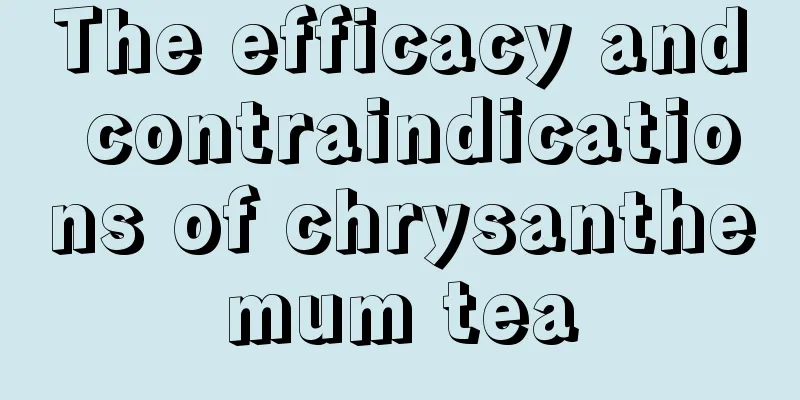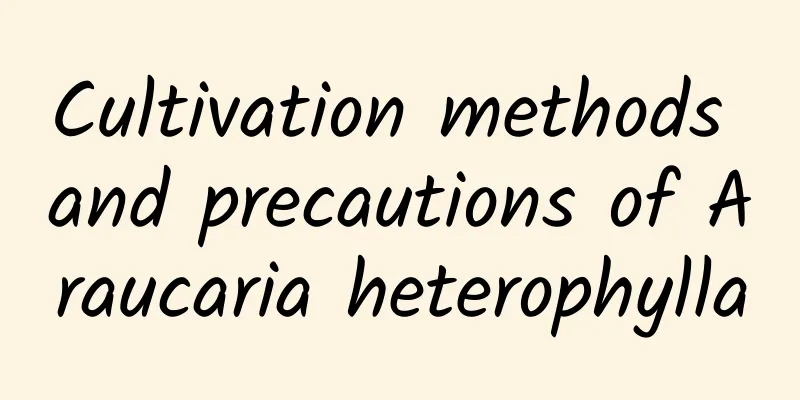Time and method for controlling peanut grubs

|
White grubs are common pests in the peanut planting process. They hide in the soil and are easily overlooked, often causing a large number of fruits to be damaged and serious peanut production reduction. Here are some tips on how to control peanut grubs. Peanut grub control time White grubs, commonly known as white earth silkworms, mainly damage the rhizomes and pods of peanuts with their larvae, leaving many sunken wounds on the surface of the pods, causing the peel to rot and seriously affecting the development of the peanut pods. White grubs usually produce a generation every one or two years. In May and June, the overwintering larvae rise to the cultivated soil layer to cause damage, entering the first peak period of damage. As the temperature gradually drops in mid-to-late August, the second peak period of damage begins. There are two peak periods of damage by white grubs a year, from April to June and from August to November. Mid-to-late July is the best time to prevent and control white grub larvae as they are young and have poor pesticide resistance. How to control peanut grubs 1. Seed dressing with chemicals Before sowing peanuts, mix the seeds with 48% clothianidin suspension seed coating agent at a ratio of 250-500 ml/100 kg of seeds. Evenly coat the surface of the seeds with the agent. After drying, they can be sown. This can prevent underground pests from harming the seeds and the effective period can reach more than 80 days. 2. Soil treatment Use 1500-2000 grams of 4% thiamethoxam granules, mix with 20-30 kilograms of fine sand or fertilizer , spread along the ridges, and then water. Since thiamethoxam has good systemic conductivity, the agent can be transmitted to the underground part of the peanut through systemic conduction, effectively killing underground pests. 3. Chemical control You can use 2 to 4 kg of 5% phoxim granules, or 1 to 2 kg of 3% thiamethoxam granules, add 40 kg of fully decomposed organic fertilizer , mix them evenly, and then spread them along the ridges near the peanut roots, then use a hoe to mix the agents evenly with the soil. Because these two agents are highly water-soluble and systemic, after dissolving in the soil, the agents can be effective for more than 60 days and can kill the grub larvae in the soil. That’s it |
<<: How to prevent and treat lotus root leaf spot disease?
Recommend
How long does it take for a jade pendant to be used?
Jade Pendant Service Time After the jade pendant ...
How long does it take for mint to recover after it wilts?
1. How long will it take to recover? Mint has a s...
How to maintain gold marbles
Golden marble growth conditions The suitable grow...
Can edible vinegar be used to water flowers? The correct way to water flowers with edible vinegar
Watering flowers with vinegar Generally, edible v...
Does the Emerald Tree bloom?
1. Whether it blooms: The green treasure tree is ...
High-yield cultivation technology of apple
Apple trees thrive in a variety of terrains inclu...
What should I do if the tip of the white palm leaf looks burnt?
1. Reduce watering Reason: Excessive watering wil...
Grape fertilization management, fertilization season
1. Base fertilizer Basal fertilizer is also calle...
How often should hydrangeas be watered in summer?
Hydrangea watering frequency in summer Hydrangea ...
How to grow jasmine into a tree
1. Soil If you want to grow a plant into a tree s...
How to grow hibiscus on the balcony and what should be paid attention to
1. Lighting Hibiscus has a very high demand for s...
How to save seeds of lisianthus
How to get lisianthus seeds Eustoma is a plant of...
How to use compound fertilizer for succulent plants (how to apply compound fertilizer to succulent plants correctly)
Succulent plants can tolerate barrenness and drou...
What to do if the potting soil is always too wet and sticky?
What to do if the soil for growing flowers is too...
How to grow Epiphyllum
1. Temperature Epiphyllum prefers warm growing co...









